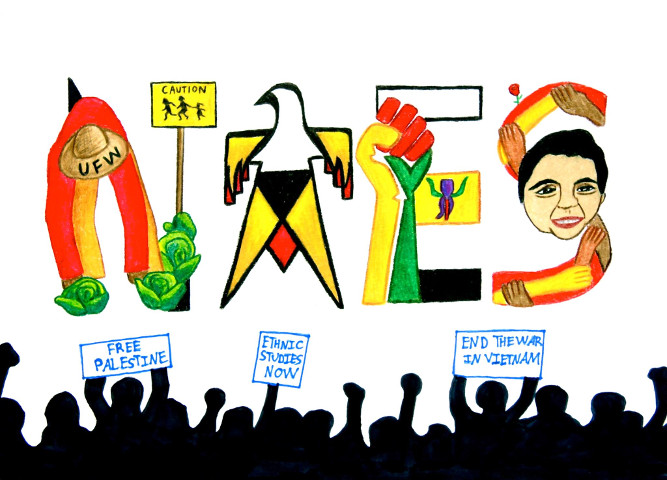Ethnic Studies Review

Orginal Publication Date
2009
Journal Title
Ethnic Studies Review
Volume
32
Issue
esr/vol32/iss2
First Page
52
Last Page
78
Abstract
Some thirty years before Harriet Ann Jacobs opened the Jacobs Free School in Alexandria, Virginia in January 1864, one of her first students was her fifty-threeyear-old uncle, Fred. The seventeen-year-old Harriet appreciated her uncle's "most earnest desire to learn to read" and promised to teach him.1 As slaves, both teacher and student risked the punishment of "thirtynine lashes on [the] bare back" as well as imprisonment for violating North Carolina's anti-literacy laws targeting African Americans.2 Nevertheless they agreed to meet three times a week in a "quiet nook" where she instructed him in secret.3 While the primary goal for him was to read the Bible, this moment in Jacobs' slave narrative Incidents in the Life of a Slave Girl revealed her early commitment to African American literacy and education as well as her rejection of the laws of American slavery. In that moment, the vocations of education and abolition took root for Harriet Jacobs.
Rights
Copyright ©ESR, The National Association for Ethnic Studies, 2009



Comments
Ambivalence of Origins